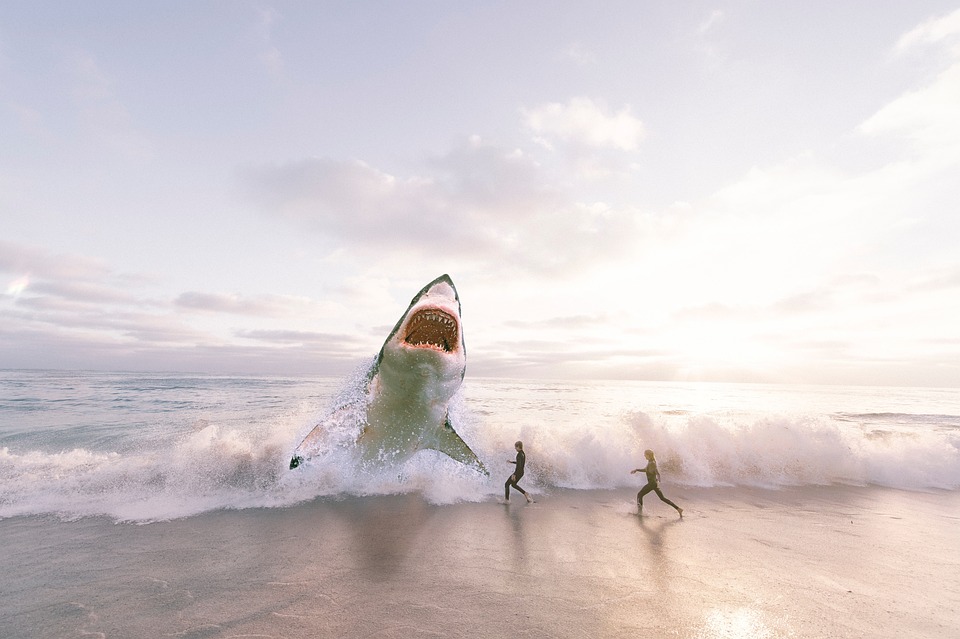Table of Contents
Introduction
Scuba diving is an extraordinary way to explore the wonders of the underwater world.
It offers not only an exhilarating adventure, but also numerous mental and physical health benefits.
Whether you are a beginner or an experienced diver, the underwater realm holds endless possibilities for discovering new wonders and enhancing your well-being.
Let’s delve into the incredible benefits that scuba diving has to offer.
Improves Physical Fitness
Scuba diving is a full-body workout that engages various muscle groups.
The resistance provided by the water gives your muscles a more strenuous workout compared to exercises on land.
Continuous swimming, finning, and carrying diving equipment all help to build strength, endurance, and flexibility.
Regular diving can also improve cardiovascular health as it increases heart rate and lung capacity.
The more dives you experience, the more your overall physical fitness will improve.
Reduces Stress and Anxiety
The underwater environment offers a tranquil escape from the stresses of everyday life.
As soon as you descend beneath the surface, a sense of calmness and relaxation envelops you.
The rhythmic sounds of your breathing create a meditative state that allows you to forget about your troubles and focus solely on the present moment.
The beauty and serenity of the underwater landscape further enhance this feeling of tranquility, making scuba diving an ideal activity for stress relief.
Enhances Mental Well-being
Scuba diving immerses you in a world of wonder and awe, stimulating your senses and igniting a sense of curiosity.
This unique experience can help to reduce symptoms of depression and anxiety by providing a sense of purpose, excitement, and accomplishment.
The act of exploring new environments, encountering captivating marine life, and overcoming challenges underwater fosters a sense of achievement and self-confidence that translates into positive mental well-being in your everyday life.
Promotes Social Bonding
Scuba diving is a social activity that allows you to connect with like-minded individuals who share a passion for the underwater world.
Joining a diving club or going on group dives gives you the opportunity to form lasting friendships and create a sense of community.
Sharing thrilling dive experiences, swapping stories, and exploring new dive sites together creates bonds that extend beyond the water.
The camaraderie and support from fellow divers can enhance your social life and contribute to overall happiness.
Preserves the Environment
Scuba divers are often enthusiastic advocates for ocean conservation.
Through witnessing the beauty of marine life up close, divers develop a deep appreciation for the underwater ecosystem and the need to protect it.
Divers actively participate in clean-up initiatives, coral reef restoration, and research projects that support the preservation of marine habitats.
By engaging in scuba diving, you become an ambassador for the oceans, promoting awareness and encouraging sustainable practices that benefit the environment.
FAQs
Q: Can anyone scuba dive?
A: While scuba diving is generally a safe activity, certain medical conditions such as heart or lung problems may make it unsuitable.
Before engaging in scuba diving, it is essential to obtain medical clearance and receive proper training and certification from a reputable diving organization.
Q: How much does scuba diving equipment cost?
A: The cost of scuba diving equipment can vary depending on the brand, quality, and specific gear needed.
Basic equipment such as a mask, snorkel, fins, and a wetsuit can be purchased for a few hundred dollars, while full sets of equipment can range from $1,000 to $3,000.
It is recommended to consult with a dive shop or instructor to determine the most suitable equipment for your diving needs and budget.
Q: Is scuba diving dangerous?
A: Scuba diving is considered a safe activity when proper training, equipment, and procedures are followed.
However, like any adventure sport, there are risks involved.
Accidents or injuries can occur due to equipment malfunction, inadequate training, or diving beyond one’s capabilities.
By obtaining reputable training, adhering to safety guidelines, and diving responsibly, you can minimize the risks associated with scuba diving.
Q: Can I scuba dive if I don’t know how to swim?
A: It is typically required for scuba divers to have basic swimming skills.
Being comfortable in the water and possessing the ability to swim short distances are important for your safety and enjoyment while diving.
However, some diving organizations offer programs specifically designed for non-swimmers, allowing them to experience the thrill of scuba diving in a supervised and controlled environment.




